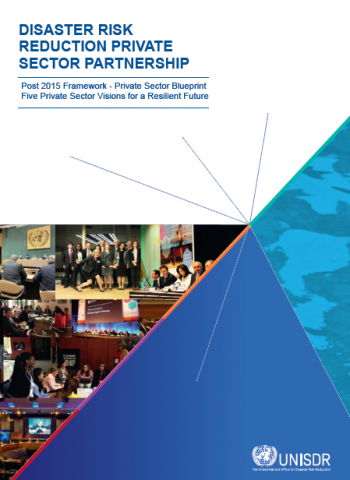WHO: Mental Health
One in four people will suffer a mental, neurological, or substance use disorder at some point in their life; yet many cannot get access to basic medicines or basic mental health care. The mental health Gap Action Programme (mhGAP) asserts that with proper care, psychosocial assistance and medication, tens of millions could be treated for […]
WHO: Mental Health Read More »

